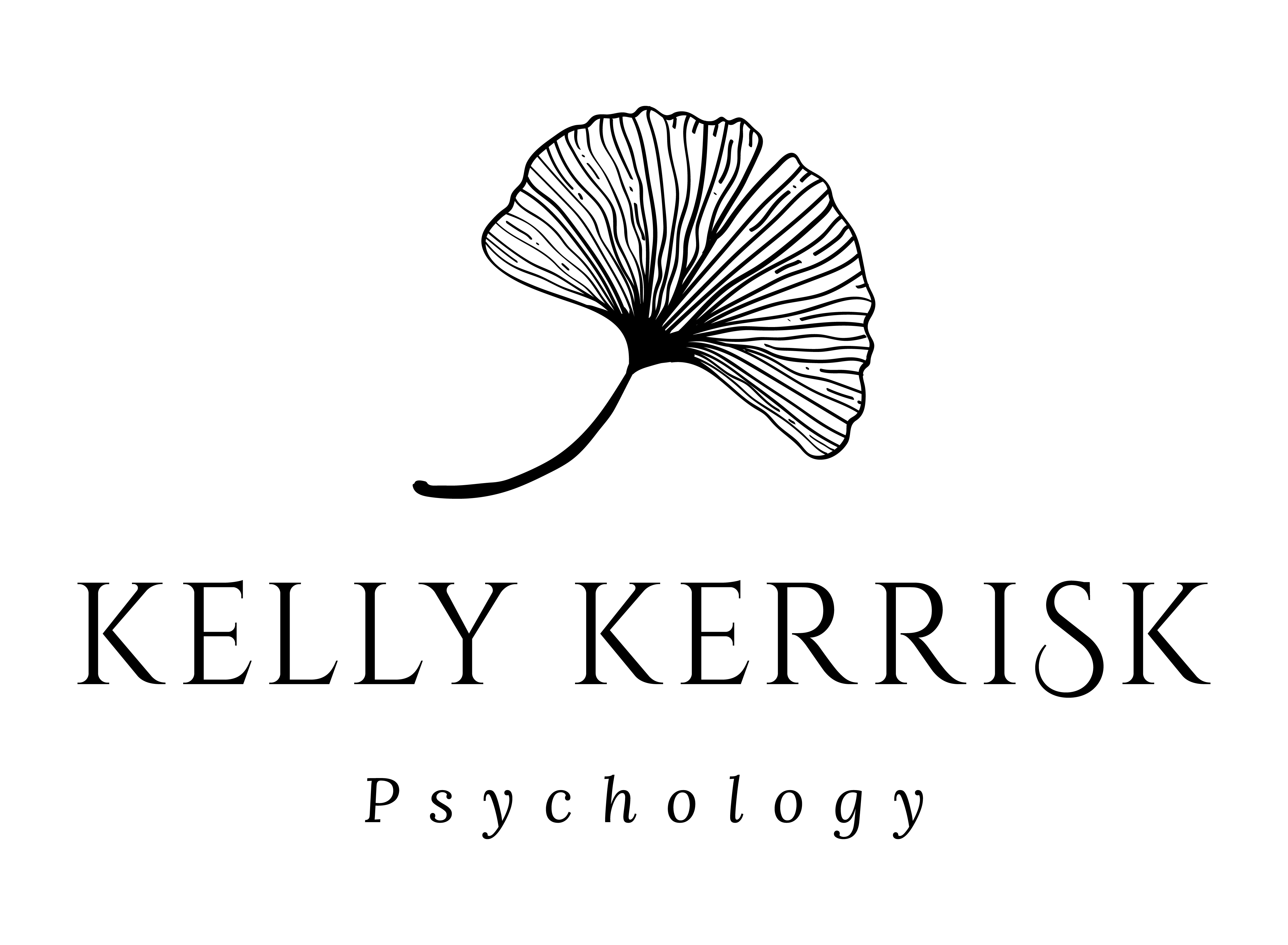individual therapy
I am passionate about offering respectful, sensitive, and comprehensive assessment and psychological interventions in order to support clients' mental and emotional wellbeing. I have worked with children, adolescents, and adults facing a range of difficulties with varying levels of complexity and am dedicated to providing high quality therapeutic interventions that are collaborative and empowering.
Many of the life challenges or mental health issues that can keep people from leading happy, fulfilled, or successful lives can be effectively treated with evidence-based psychological therapies. Therapy can help young people, families, and adults understand and resolve problems, modify behaviour, learn skills and strategies, and make positive changes in their lives.

What therapeutic approaches do you use?
There are several types of psychotherapy that involve different approaches, techniques, and interventions. At times, a combination of different psychotherapeutic approaches may be helpful and therapy can be tailored to the unique needs of each individual or family. I draw on a range of therapeutic approaches in my work including:
- Acceptance and Commitment Therapy (ACT)
- Mindfulness and Compassion Based Therapy
- Relational Psychodynamic Psychotherapy
- Cognitive Behavioural Therapy (CBT)
- Parenting and Attachment Support
Acceptance and Commitment Therapy (ACT)
Acceptance and Commitment Therapy (ACT) is a revolutionary behaviorally based psychotherapy that helps us to step out of unhelpful patterns of action and entanglement with painful thoughts, so that we might move forward with courage towards lives of meaning, purpose and vitality. The aim of ACT is to maximise human potential for a rich, full and meaningful life. ACT (which is pronounced as the word ‘act’, not as the initials) does this by:
- teaching you psychological skills to deal with your painful thoughts and feelings effectively – in such a way that they have much less impact and influence over you (these are known as mindfulness skills).
- helping you to clarify what is truly important and meaningful to you – i.e., your values – then use that knowledge to guide, inspire and motivate you to change your life for the better.
ACT has been widely studied and has a strong evidence base for the treatment of depression, anxiety and a host of other problems.

Mindfulness and Compassion Focused Therapy
Mindfulness means maintaining a moment-by-moment awareness of our thoughts, feelings, bodily sensations, and surrounding environment, through a gentle, nurturing lens.
Mindfulness also involves acceptance, meaning that we pay attention to our thoughts and feelings without judging them—without believing, for instance, that there’s a “right” or “wrong” way to think or feel in a given moment. When we practice mindfulness, our thoughts tune into what we’re sensing in the present moment rather than going over the past or imagining the future.
Mindfulness based practices and therapies are considered to be some of the most significant developments in mental health practice since the turn of the millennium. Research has shown mindfulness to be highly effective for:
- Regulating and expressing your emotions (Shapiro et al., 2006);
- Developing and utilizing better coping strategies (Tharaldsen & Bru, 2012);
- Being less easily distracted on non-task activities (Lutz et al., 2009);
- Helping you sleep better (Howell et al., 2010);
- Developing self-compassion (Campos et al., 2016; Falsafi, 2016); and
- Building resilience (Bajaj & Pande, 2016)
The central focus of Compassion Focused Therapy (CFT) is to concentrate on helping clients relate to their difficulties in compassionate ways, as well as supporting them to develop effective strategies for working with challenging circumstances and emotions they encounter. CFT helps people to learn tools to engage with challenges in accepting and encouraging ways, thereby aiding themselves to feel confident to accomplish difficult tasks and deal with challenging situations.
Compassion Focused Therapy is alsoan empirically supported resource for cultivating emotional wellbeing. Together, mindfulness and compassion are a powerful combination that allows us to live our lives more fully and happily.
Relational Psychodynamic Psychotherapy
While for some people addressing a specific problem or symptom may be sufficient, many clients want to address chronic problems, change unhelpful ‘core beliefs’ or patterns and bring about lasting changes through the gradual process of the therapeutic relationship. Others may want to embark on a journey of self discovery, personal development, and healing of trauma.
Psychodynamic psychotherapy gives you a regular time to think - and talk – about the feelings you have about yourself and other people (especially your family and those you are close to). You discuss:
- what's happening in your life at the moment - how you do things and the part you play in things going right or wrong for you
- what has happened in the past
- how the past can affect how you are feeling, thinking and behaving right now.
Cognitive Behavioural Therapy (CBT)
CBT can help you to change how you think ('Cognitive') and what you do ('Behaviour'). It is based on the idea that thinking or belief patterns can effect emotional or mental health, and making changes to these can help you to feel better. Unlike some of the other talking treatments, it tends to focus on the 'here and now' problems and difficulties instead of focusing on the causes of your distress or symptoms in the past. CBT is considered to be one of the most effective treatments for conditions where anxiety or depression are the main problem.
© Copyright Dr. Kelly Kerrisk - Clinical Psychologist
